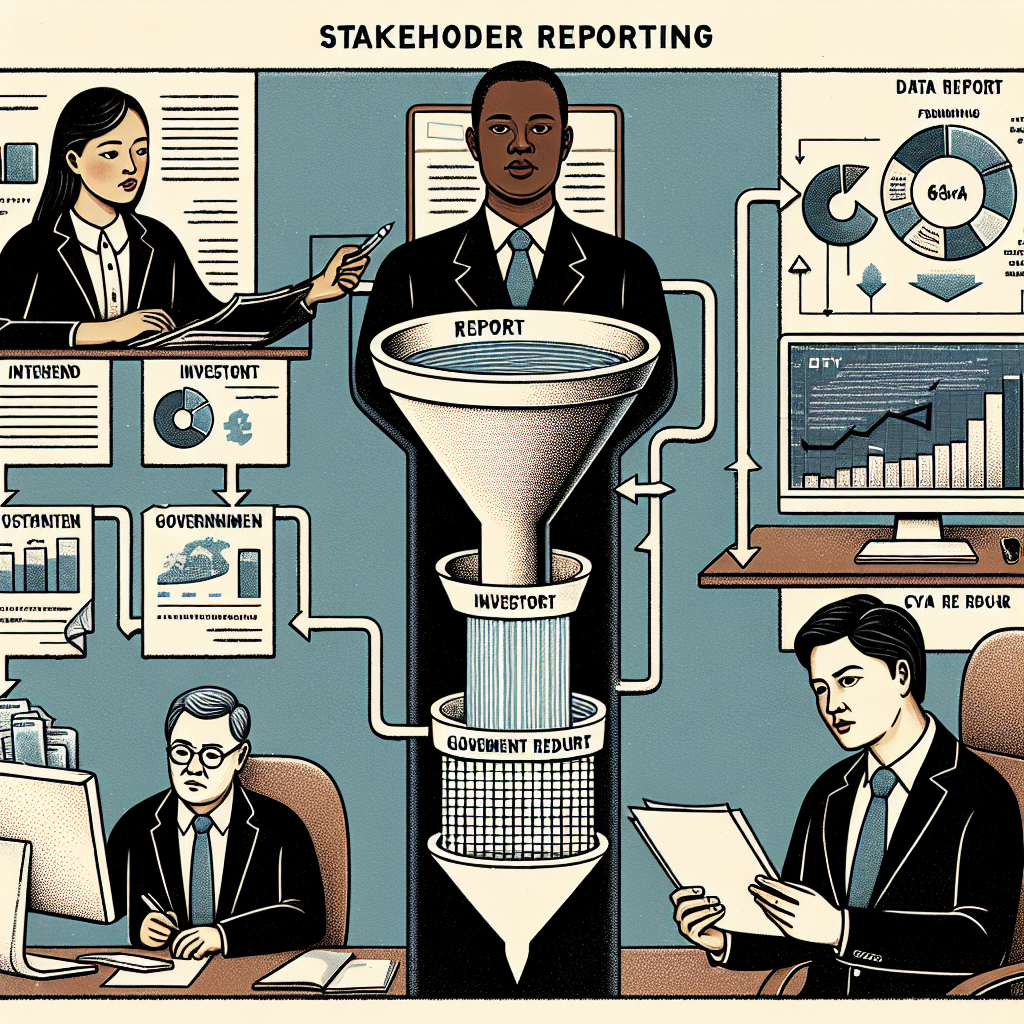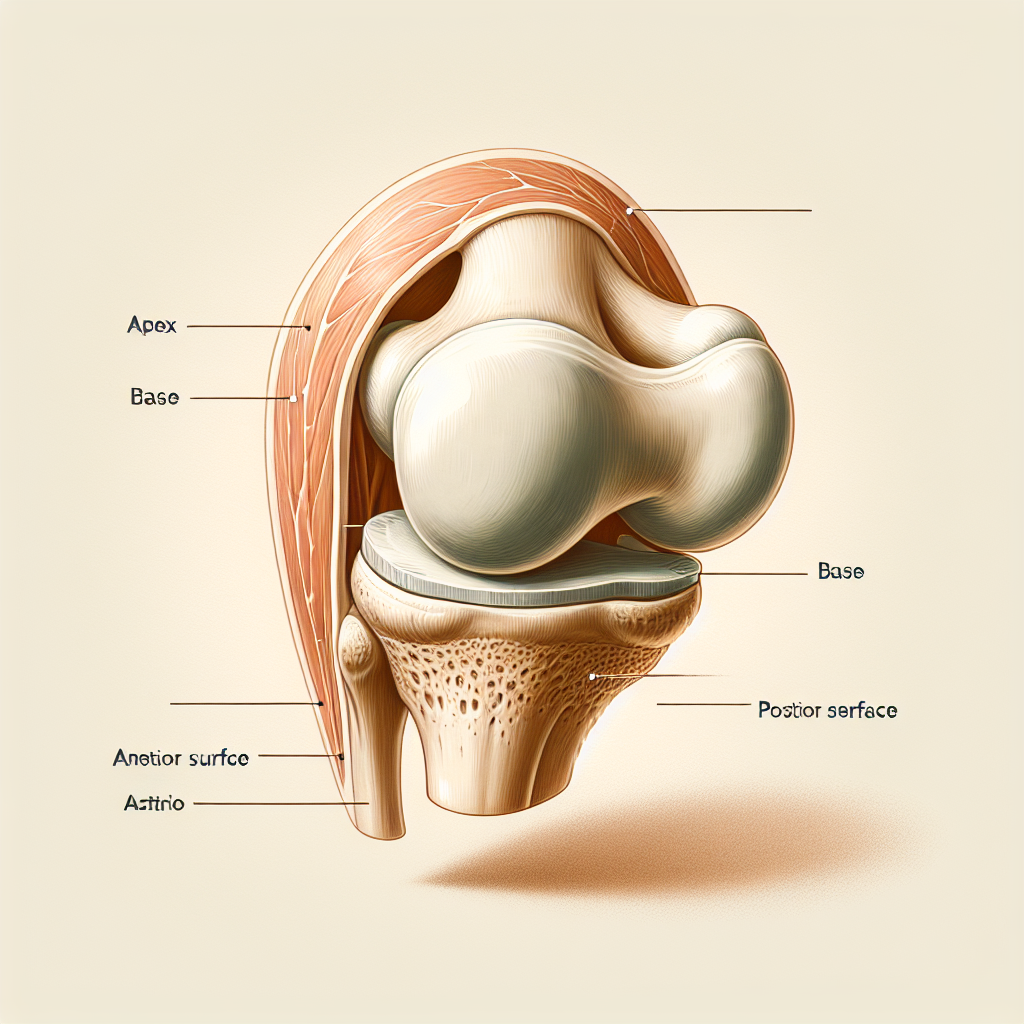Australians have given Labor a clear lead over the Coalition in the final stage of the federal election campaign, putting the government ahead by 53 to 47 per cent in two-party terms despite new signs of pressure on its primary vote. The exclusive results show that Prime Minister Anthony Albanese has enough support to retain power at the election this Saturday, either in majority or minority government, while Opposition Leader Peter Dutton has lost ground on key personal measures during the campaign. Opposition Leader Peter Dutton and Prime Minister Anthony Albanese.
Credit: Marija Ercegovac Albanese has cemented his lead over Dutton as preferred prime minister – ahead by 47 to 31 per cent – in a dramatic turnaround from surveys in January and February showing that voters had swung to the opposition leader. But the findings also reveal that voters rate Dutton and the Coalition more highly on economic management, national security, crime and migration – highlighting the tight contest on major policies with days to go until all the votes are cast. The results in the Resolve Political Monitor, conducted for this masthead by research company Resolve Strategic, show that support for the Greens has risen 1 percentage point to 14 per cent and Pauline Hanson’s One Nation has risen by the same amount to 7 per cent.

Support for independent candidates has fallen in national terms since the last Resolve survey two weeks ago, but it is stronger in NSW, Victoria and Queensland when compared with surveys taken at the last election. “The vote has stabilised with a Labor lead,” said Resolve director Jim Reed. “And with many people voting early and locking in their choice, there’s a dwindling likelihood of things changing before Saturday.
” The Resolve Political Monitor surveyed 2010 eligible voters from Wednesday to Monday, using a combination of online and telephone polling of a representative sample of the broader voting public. The survey generated results with a margin of error of 2.2 percentage points.
The Labor lead in two-party terms is greater than this margin of error. In a big shift over the past few months, Labor has gained ground on a key policy question about the best party and leader to keep the cost of living low. Voters favoured Dutton and the Coalition on this question in December, giving him a lead of 15 percentage points, but Albanese closed the gap earlier this month and Dutton now leads by only three points.
Albanese and Labor now lead on key measures of political performance when voters are asked about who is communicating well, has a united team, offers strong leadership, is honest, is competent and is the best choice for their household and the country. Dutton and the Coalition led on each of these questions last December. The Labor primary vote remains weaker than it was at the last election, down from 32.
6 per cent to 31 per cent, highlighting the challenge for Albanese in securing enough core support to hold majority government. The challenge for the government is also revealed in state-by-state results, which show the party’s primary vote in Victoria has fallen from 33 per cent at the last election to 29 per cent. This could wreck Labor’s ambition to hold seats in Melbourne, including McEwen on the city’s northern fringe, and seize marginal seats from the Liberals, such as Menzies in the city’s east.
Support for Labor has edged slightly higher in NSW, up from 33 per cent at the last election to 34 per cent in the latest survey, when the government is fighting to hold the south coast seat of Gilmore, where Dutton visited on Tuesday, and the seat of Paterson near Newcastle. It is stable in Queensland at 27 per cent. The Coalition has suffered a slight fall in its primary vote from 35.
7 per cent at the last election to 35 per cent in the latest survey, but the difference is within the margin of error. The state breakdown shows the Coalition primary vote is steady in Victoria compared to the last election, at 33 per cent. It has fallen from 37 to 34 per cent in NSW, and from 40 to 36 per cent in Queensland.
“We do see the Coalition doing better in some states, regional areas and marginal seats, so we’re likely to see seats going in both directions,” said Reed. The results lead to 53 per cent support for Labor in two-party terms, a slight fall from the result of 53.5 per cent from two weeks ago.
The Labor lead of 53 to 47 per cent is based on calculations about how voters would allocate their preferences in the lower house. The result is the same when voters are asked for their allocated preferences and when Resolve calculates preferences based on results at the last election. When voters are asked about who is best to manage US President Donald Trump , however, they continue to favour the Coalition, with 30 per cent naming Dutton and his party compared to 25 per cent who name Albanese and Labor.
At the same time, the survey confirmed findings from two weeks ago that suggested many voters were less likely to choose Dutton because of their concerns about Trump and his policies. The Resolve Political Monitor asked voters whether their view of Trump made them more or less likely to vote for Albanese or Dutton, posing the same question about each leader. The survey finds that 21 per cent of voters say they are more likely to vote for Albanese, while 21 per cent are less likely to do so because of Trump and the rest are undecided or say it has no effect on their vote.
It also finds that 15 per cent are more likely to vote for Dutton and 30 per cent are less likely to vote for him because of Trump. The results are broadly in line with answers to the same question two weeks ago. “For all the ups and downs of this term, our latest vote results are not dissimilar to those in 2022 which saw Labor gain a bare majority from a record low primary vote,” Reed said.
“It looks very much like Labor will retain power, but both majority and minority scenarios are within our margin of error.” Asked about Albanese in the latest survey, 45 per cent of voters said he was doing a good job and 44 per cent said he was doing a poor job, resulting in a net performance rating of one. This was unchanged over the past two weeks.
Asked about Dutton, 33 per cent said he was doing a good job and 57 per cent said he was doing a poor job, producing a negative net rating of minus 24 points. This is a deterioration from two weeks ago, when his net rating was minus 18 points, and a further fall from one month ago, when his rating was minus 10 points. He had a positive net rating in February.
Cut through the noise of federal politics with news, views and expert analysis. Subscribers can sign up to our weekly Inside Politics newsletter ..
Top

Labor holds clear lead as time runs short for a Coalition rebound, poll reveals

Australians have given Labor a clear lead over the Coalition in the final stage of the federal election campaign – and that extends to the leadership of the nation.











